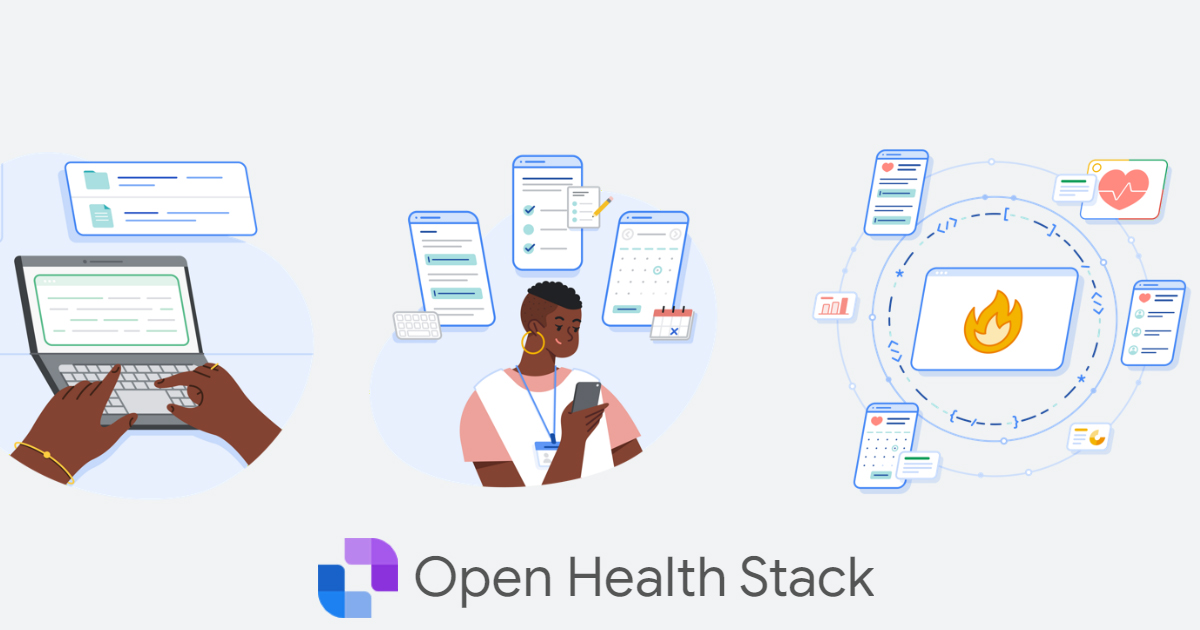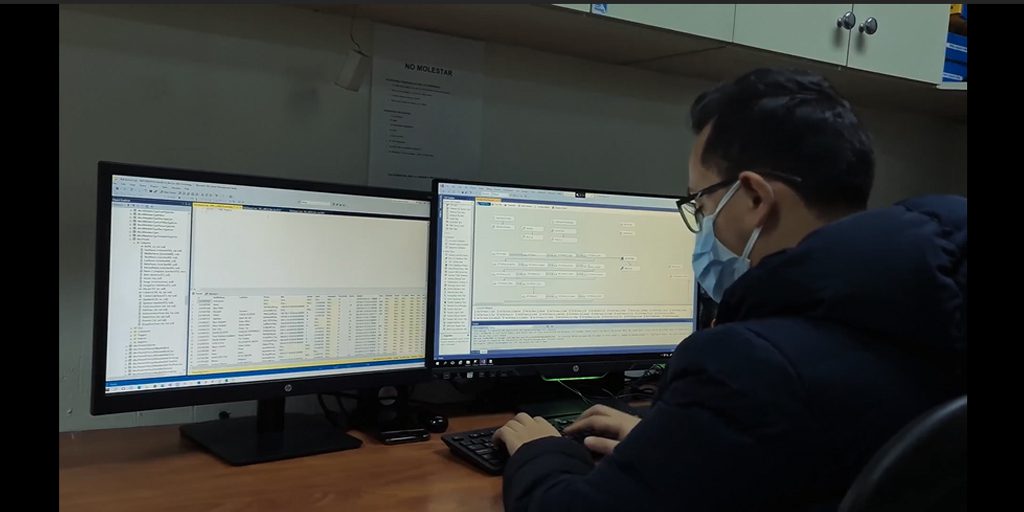A study published in The Lancet showed a method for identifying patients with long-term COVID-19 through machine learning and data from the National COVID Cohort Collaborative's (N3C).
Prolonged or long-term COVID is characterized by various symptoms such as shortness of breath, fatigue, fever, headache, and other neurological problems. These symptoms can last for several months after the diagnosis of COVID-19. After having symptoms similar to a normal COVID-19 infection, it is necessary to create methods to make its diagnosis more effective and timely.
Medical researchers at the US National Institutes of Health (NIH) have developed a method for identifying patients with prolonged COVID-19, with the aim of developing faster diagnosis and treatment. They used data from the N3C, an electronic repository of electronic medical records.
Through the N3C data, the researchers developed a machine learning model, for the potential detection of patients with prolonged COVID. The patient base included more than 1.7 million people over the age of 18, with records of having attended emergency services for COVID-19, or having tested positive for the infection.

They also examined the treatment and medication used in more than 97,000 adults who suffered from COVID-19. And in the same way they analyzed data from 597 patients who suffered from long-term COVID.
Thanks to machine learning, the researchers were able to train the models to sift through massive amounts of data. The models looked for patterns in the data mentioned above and were able to identify the main characteristics of patients diagnosed with long-standing COVID.
The study was able to identify characteristics of the disease, patient visits to the doctor, symptoms other than COVID-19. “Once you can determine who has prolonged COVID in a large database of people, you can start asking questions about those people,” said Dr. Josh Fessel, clinical advisor to the NIH RECOVER Initiative.
On the other hand, Dr. Melissa Haendel, one of the authors of the study, explained that for the identification of patients with prolonged COVID it is important to carry out clinical trials. “The models can learn from a wider variety of patients and become more accurate. We look forward to using our long COVID patient classifier for clinical trial recruitment.”
Click on the following link to view the full study:
https://www.thelancet.com/journals/landig/article/PIIS2589-7500(22)00048-6/fulltext
Lorem fistrum for the glory of my mother esse jarl aliqua take me to the sircoo. From the ullamco prairie what do you say is the very bad thing.






